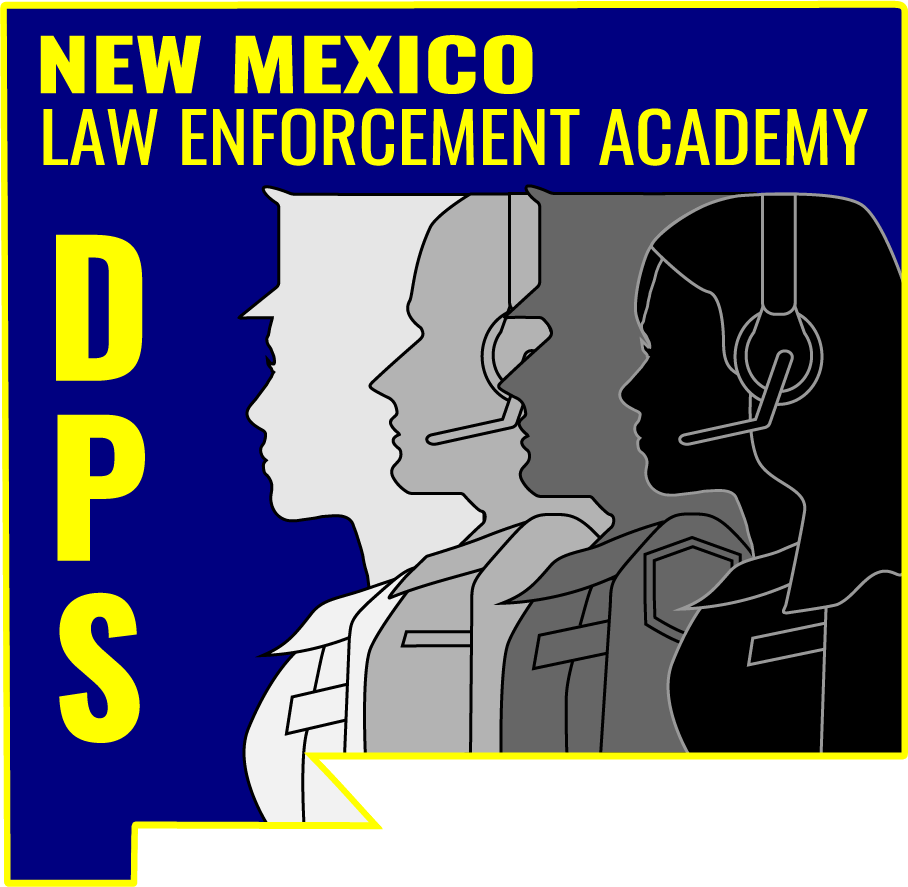**POSTPONED**Force Encounters: Investigation Fundamentals, Decision-Making, and Human Performance
The curriculum for this two-day program is based on Force Science’s own research that uses precise time and-motion measurements to document environmental, physiological and psychological dynamics of high-threat events. The internal research is supported by the work of experts and researchers in Motor Learning and Performance, as well as Perception, Cognition and Decision training.
The training course prepares students to recognize and apply the principles they learn in investigations
and training at their own law enforcement agencies. Lessons are delivered via discussions, video
presentations, case studies and lectures.
Real-world instances are cited to facilitate discussion and demonstrate the ways physiological and
technological factors affect the answers to critical use-of-force questions, including the following:
- How attention, decision-making and response dynamics influence reaction time.
- How adrenaline, attention and trigger speed affect shooting performance.
- How video recordings’ capabilities and limitations may affect viewer perception of events.
- How popular firearm tactics can increase the risk of armed encounters.
- How critical incidents can affect memory.
- How investigators can improve the accuracy of recall in interview subjects.
- How the speed of assault influences de-escalation strategies and tactics.
- How the speed of assault, prone threats, attention and exhaustion can affect traffic stop and investigative approaches.
- How the aforementioned factors can affect the memory and performance of all participants in a critical
incident.
Click here to view the Training Flyer!
To register, please visit https://nmlea.acadisonline.com/ and have your Agency Training Coordinator request enrollment for you today!

